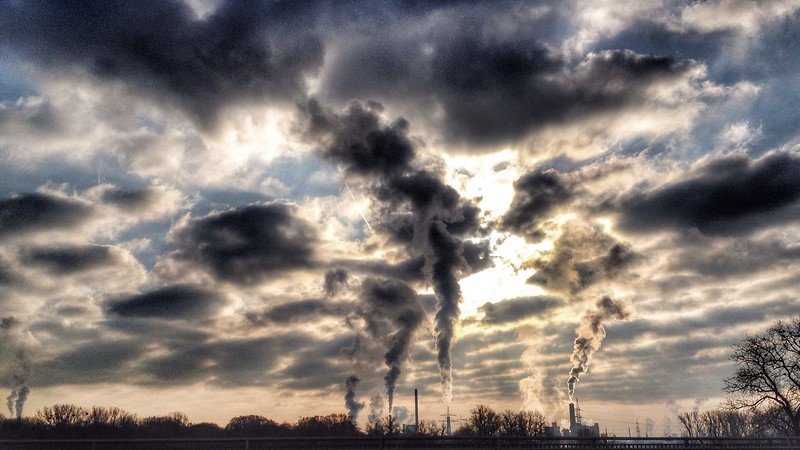This briefing provides the main takeaways from E3G’s political
economy mapping of Germany’s industrial decarbonisation.
Industrial sectors play a major role in driving economic growth
and exports as well as providing high-quality employment in
Germany. The transition of steel, cement and chemical industries
to climate neutrality will, however, require substantial
technological advancement, a reformed regulatory framework,
and rapid, targeted investments.
After long-standing resistance to decarbonisation efforts, many
key energy-intensive businesses are taking a more progressive
stance. They have started to invest in low-carbon industrial pilots
and engage more constructively in policy debates about pathways
to climate-neutrality. However, concerns about international
competitiveness and uncertainty about the long-term regulatory
pathway continue to present barriers to more ambitious action.
Germany is a key international player with potential for
leadership on industry decarbonisation. It is a global leader in
climate mitigation technologies for the power sector and is
hoping to position itself similarly on the development of climateneutral technologies for industry.
Read the full briefing here.



